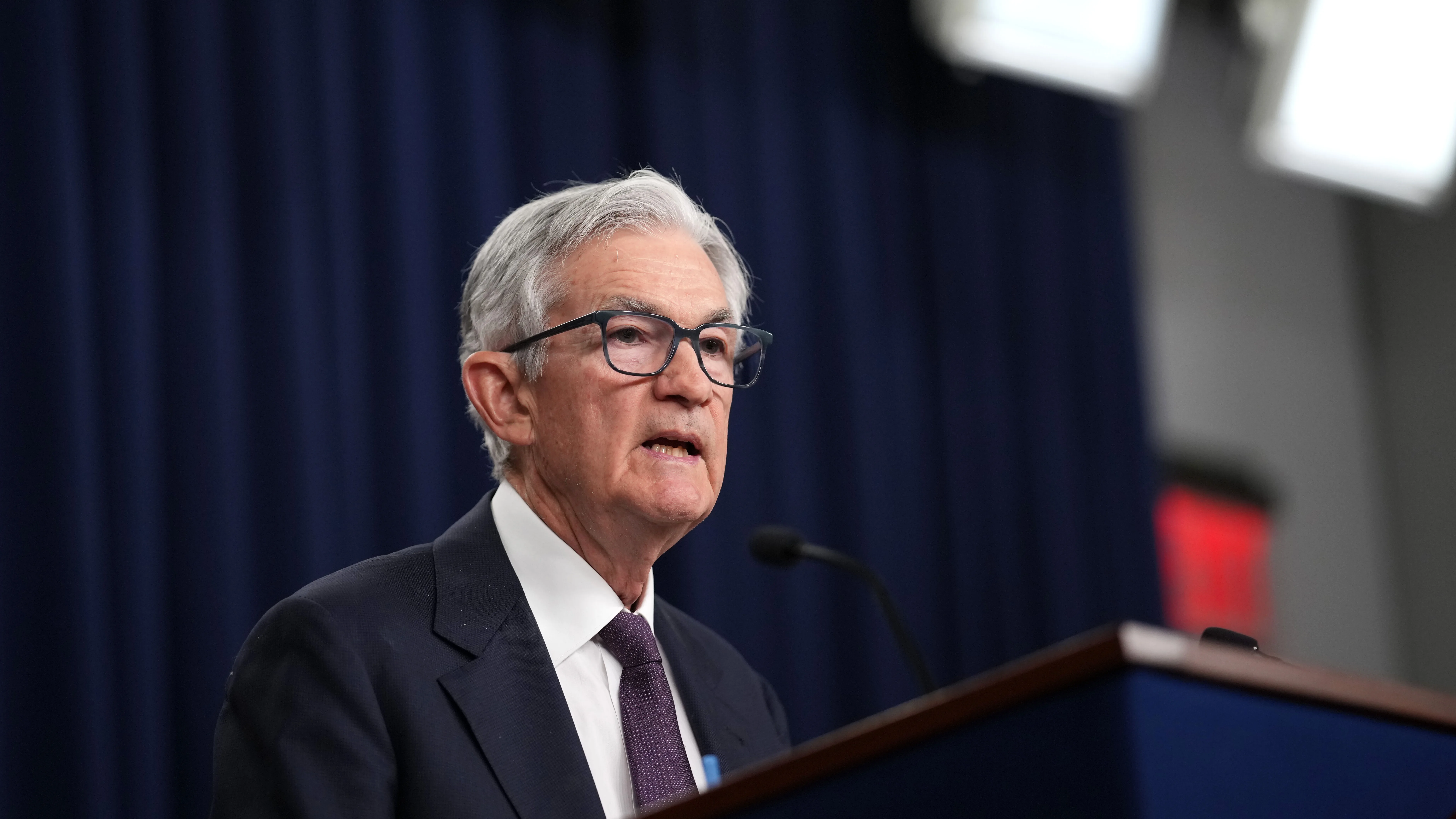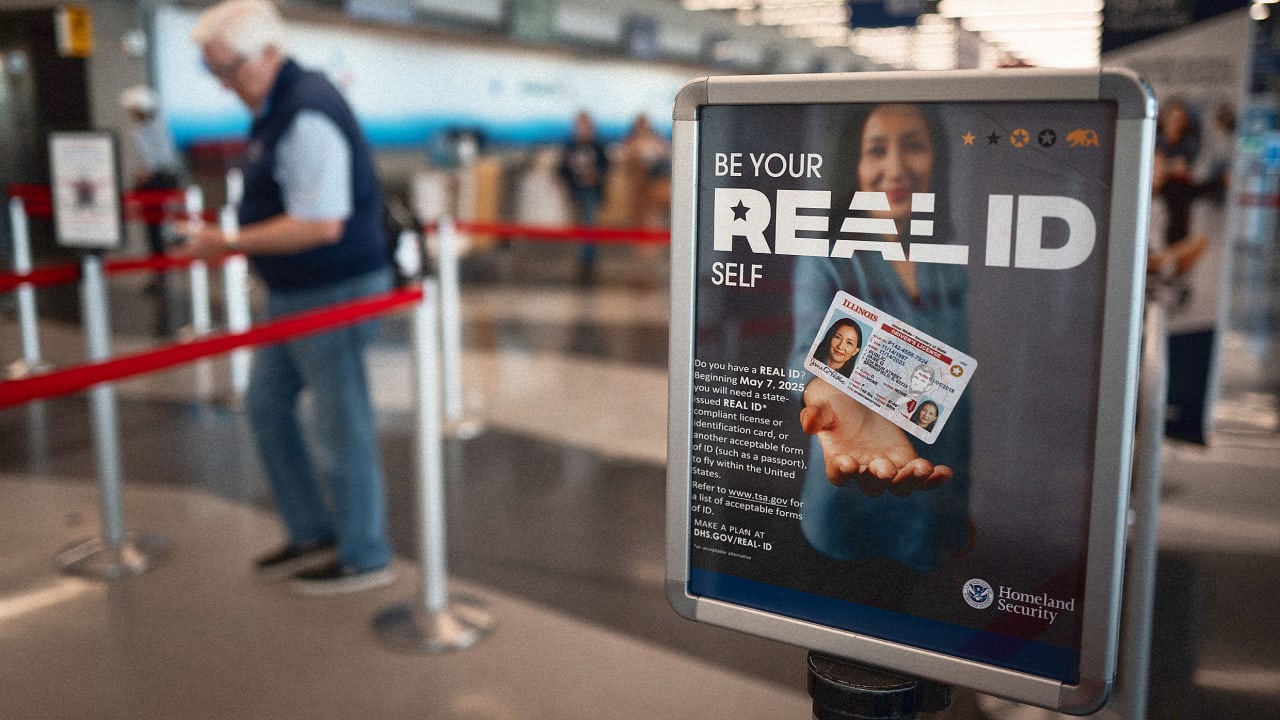Supersonic air travel gets green light in U.S. after 50-year ban lifted
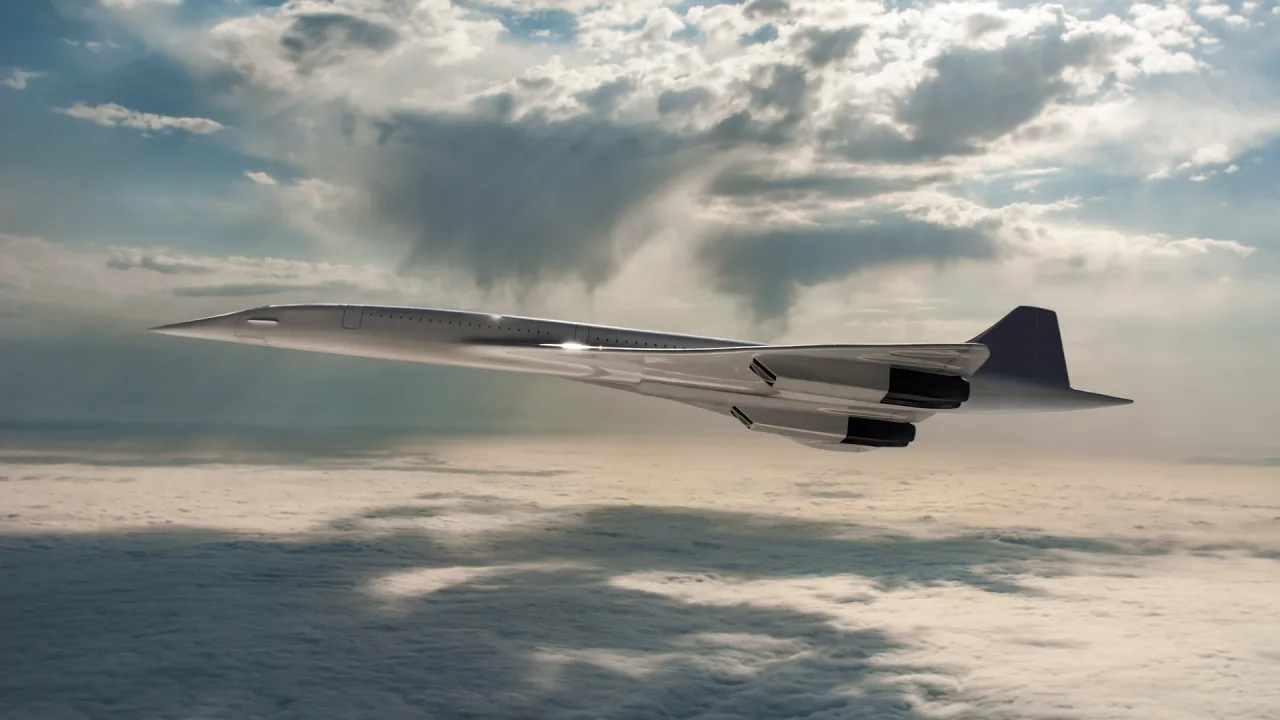
President Donald Trump signed a cluster of aviation-focused executive orders on Friday, clearing a path for commercial flights that travel faster than the speed of sound.
The White House seeks to establish the U.S. as the “undisputed leader in high-speed aviation,” according to a summary of the order, and specifically seeks to repeal the ban on overland supersonic flight, which has been in place since 1973.
The order also instructs the Federal Aviation Administration to repeal other regulatory barriers blocking supersonic flight and to create a noise certification standard that accounts for “community acceptability, economic reasonableness, and technological feasibility.”
Noise concerns over supersonic booms have plagued the promise of supersonic travel since the technology’s early days. After the advent of supersonic flight, Americans filed tens of thousands of complaints citing disruptions from the noise and property damage, eventually leading to the ban.
NASA, which has pushed for a repeal of the ban, set out to engineer a “low-boom” supersonic jet that flies quietly to resolve noise nuisance concerns. After years of development, the X-59 has cleared key tests and is on the way to its first test flight. On the private side, aerospace company Boom recently conducted a test flight of its own quieter supersonic aircraft.
For more than 50 years, “outdated and overly restrictive regulations have grounded the promise of supersonic flight, stifling American ingenuity and weakening our global competitiveness in aviation,” the White House wrote in a summary of the order, which follows proposed legislation introduced in Congress last month that would allow supersonic civil aircraft to fly as long as “no sonic boom reaches the ground in the United States.”
Adjacent executive orders also signed on Friday seek to boost domestic commercial drone development and bolster U.S. defenses against the threat posed by unauthorized drones, citing safety concerns over critical infrastructure and large-scale events like the 2028 Summer Olympics in Los Angeles.
What's Your Reaction?
 Like
0
Like
0
 Dislike
0
Dislike
0
 Love
0
Love
0
 Funny
0
Funny
0
 Angry
0
Angry
0
 Sad
0
Sad
0
 Wow
0
Wow
0




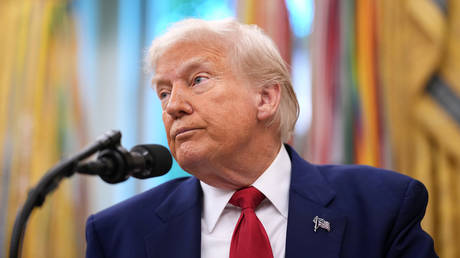



.mp4)



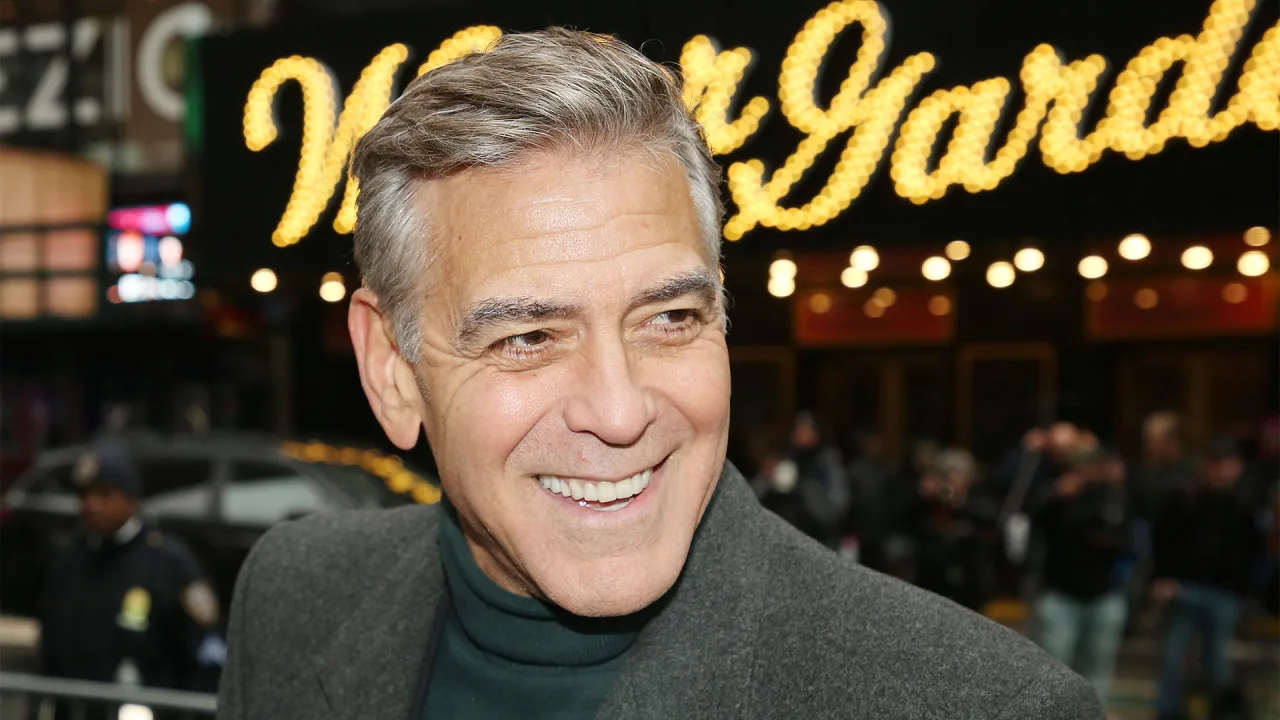











































![Fire Country Season 4: Max Thieriot Worries Bode Will Be ‘Very Broken’ If [Spoiler] Has in Fact Died — WATCH](https://tvline.com/wp-content/uploads/2025/04/fire-country-vince-dies-season-3-finale.png?#)




























